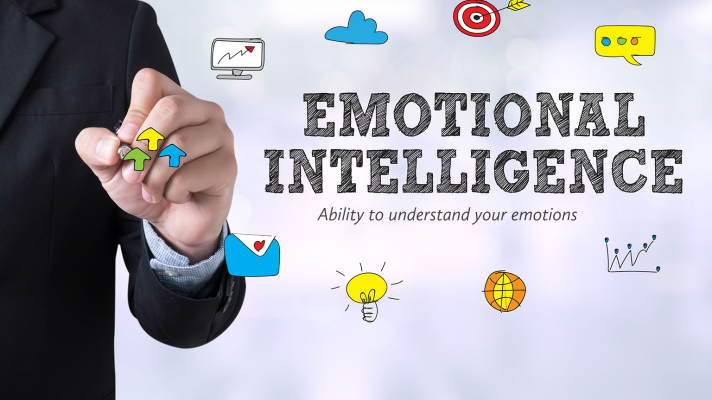The ability to understand and manage emotions is a skill that can greatly impact both personal and professional success. Emotional intelligence, often referred to as EQ, has become a highly sought-after trait by employers. It is the ability to recognize, understand, and control our emotions and effectively navigate relationships with others. In today’s highly competitive job market, measuring emotional intelligence for employability has become crucial to hiring managers. By assessing emotional intelligence, employers can identify candidates who possess the necessary skills to excel in a dynamic work environment.
The Power of Emotional Intelligence: A Key to Professional Success
Emotional intelligence is a powerful tool that can significantly impact an individual’s professional success. Studies have shown that individuals with higher emotional intelligence are more likely to have better job performance, employability, demonstrate effective leadership skills, and build positive relationships with colleagues and clients. These individuals have the ability to empathize with others, communicate effectively, and adapt to changing circumstances. Moreover, emotional intelligence enables individuals to manage stress and conflicts, ultimately leading to higher productivity and job satisfaction.
Employers recognize the importance of emotional intelligence and its impact on team dynamics and overall organizational success. As a result, they are increasingly looking for candidates who possess a high level of emotional intelligence. In today’s workplace, technical skills are no longer enough to thrive; employers want employees who can navigate complex relationships and communicate effectively. By hiring individuals with strong emotional intelligence, organizations can create a more positive and collaborative work environment, leading to increased productivity and employee engagement.
Unveiling the Metrics: How to Measure and Enhance Emotional Intelligence
Measuring emotional intelligence can be challenging, as it is primarily based on self-awareness and interpersonal skills. However, there are several methods and metrics that can help assess an individual’s emotional intelligence. One commonly used tool is the Emotional Quotient Inventory (EQ-i), which measures various aspects of emotional intelligence such as self-awareness, self-regulation, motivation, empathy, employability and social skills. This assessment provides insights into an individual’s strengths and areas for development related to emotional intelligence.
To enhance emotional intelligence, individuals can engage in various activities and practices. Increasing self-awareness is a crucial first step, as it allows individuals to understand their own emotions and how they impact their behavior. This can be achieved through practices such as journaling, mindfulness, and seeking feedback from others. Developing empathy and social skills can be enhanced by actively listening to others, seeking different perspectives, and practicing effective communication techniques. Additionally, managing stress and building resilience are important skills to cultivate emotional intelligence.
In today’s competitive job market, emotional intelligence has become a key factor in employability. Employers are increasingly recognizing the value of emotional intelligence in fostering positive work environments and driving organizational success. By measuring and enhancing emotional intelligence, individuals can not only improve their chances of employability but also set themselves up for long-term professional success. Ultimately, emotional intelligence is a skill that can be developed and nurtured, leading to personal growth and improved career prospects.

